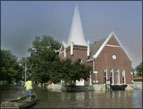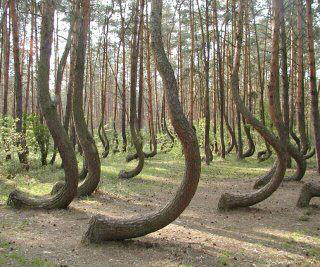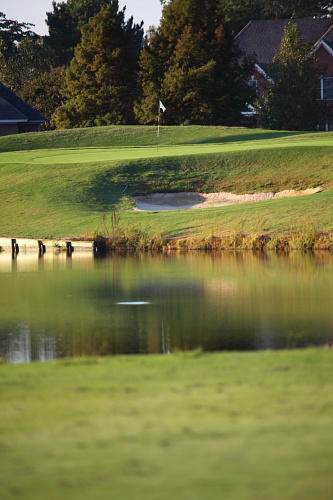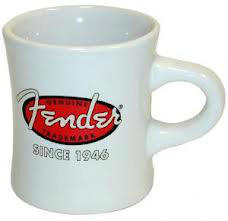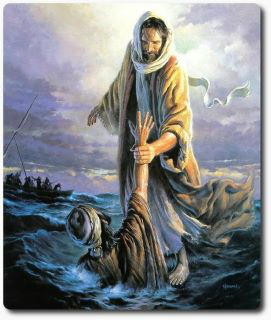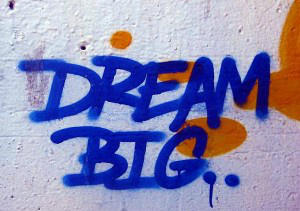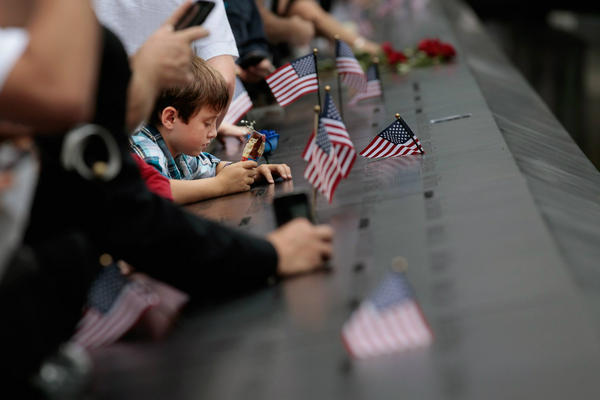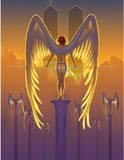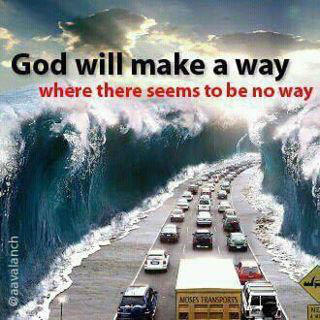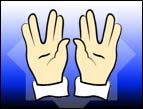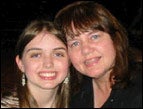Tumbuka is a typical 13-year-old African American boy from a middle class home. One day while riding his bike in their suburban neighborhood, he found himself approaching the lake at the edge of their local park. Back yards of houses circled one side of the lake while the other side was open to the park.
Riding through the grassy field to the edge of the lake he noticed people gathered at the lakes' edge behind the Jewish Synagogue. People of all ages were standing there waving their arms up and down. Some were throwing pieces of bread into the water as you do when you feed the ducks, however, there were no ducks around. The bread was just floating on the water.
As Tumbuka got a little closer, he could hear crying and talking as they faced the lake. Several old women were wiping tears from their cheeks as they prayed. One little boy picked up a small stone and drew back to skip it across the lake when his father grabbed and held him by the wrist until he dropped it. Then his mother grabbed him by the ear and told him to stand still with respect.
It was quite a scene in this normally quiet neighborhood. Tumbuka sat on his bike with his arms draped across the handlebars taking it all in when suddenly he was surprised with a slap on is back. He quickly turned around to see the smiling face of his school classmate Yeshaya.
"Sup Yesh?" Tumbuka said.
"Not much Tum." He replied.
"What's going down here?" Tum asked. "These people ok?"
"Sure. They are saying their Tashlikh prayers." Yesh answered.
"Their what?" Asked Tum.
"Their Tashlikh prayers." Said Yesh. "We are Jewish, and over there is our Synagogue. Every year at this time we celebrate Rosh Hashanah. Part of the celebration is to come to the lake, pray and say as many psalms as we can. Sometimes the whole book."
"You mean from the Bible?" Tum asked.
"Yes." He answered. "We pray from a prayer book, worship God, and ask forgiveness for our sins from this last year. This is the beginning of our new year. See the old woman shaking the corners of her skirt toward the lake?"
"Yes." Tum replied.
"Well, she's dumping her sins into the water." Yesh said.
"She's doing what?" Tum asked.
Yesh explained. "There was this prophet Micah. He wrote in the book, "and you shall throw into the depth of the sea all their sins" (
Micah 7:19).
"Oh yeah." Tum said. "I heard Pastor say that when God saves you, He casts your sins into the sea of forgetfulness. And yo, that old lady over there reminds me of my Grandmother Ellie. She would get up in church and shake her dress, praise God, do a little side dance, and wave her hands before the Lord. But just a little higher. Ha. Ha. Are they going to have a baptism service now?"
Tum continued, "I was baptized last year at youth camp and I felt so good when I came up out of the water. Ha. Good times."
"No baptisms here today Bro." Yesh chuckled. But as we finish and leave, after Tashlikh, we feel lighter. It's like a heavy backpack is taken off us and thrown into that lake, and we have a new fresh start for the New Year. That's what Rosh Hashanah is all about, starting fresh with God. We all want our names in God's book."
"Me too man." Tum said. "Pastor preached about hell. It made me straighten up. You know, hell is…well hell! Yo Yesh, seeing the people throwing bread into the lake and casting off their sins reminds me of when I came to God and cast my sins on Jesus. It made me think about my life, and how my backpack of sin left me forever, not just for a year."
Then looking around like someone might be listening, Tum said, "But I do it again every year at youth camp. You know…just in case."
"Right! Right! Laughed Yesh. "Yo Tum, I'd like to tell you about the other stuff that goes down during Rosh Hashanah. We're not all that different I think. And by the way, what kind of name is
Tumbuka anyway. What's it mean?"
Tum answered, "Grandmother Ellie told me it was African for tears. Says I was her tears of joy. And yo, what does Yeshaya mean?
Yesh said, "My Grandpa over there, the Rabbi, he told me Yeshaya means God is salvation. Anyway, come on Tumbuka, let's go to the building. It's time to eat, and you won't believe the food!"
Tombuka and Yeshaya learned that when tears and salvation come together, there is fellowship, peace, and a new start.
On the first night of Rosh Hashanah after the evening prayer, it is the custom to wish
"May you be inscribed and sealed for a Good Year and for a Good and Peaceful Life."
